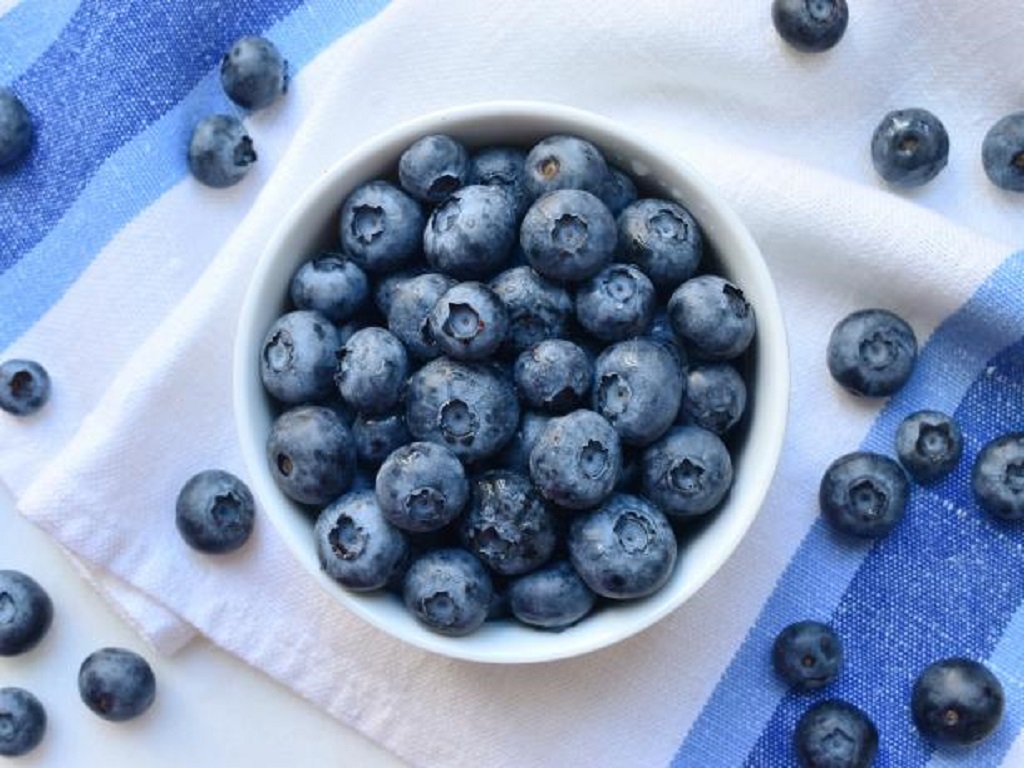Engaging in a romantic relationship with a married women dating can be a thrilling experience…

What are the negative effects of eating a lot of cheese
Gas and migraines can be signs that you are eating too much cheese; it is a nutritious food, but its excessive consumption can affect your health.
Over the last few decades, the United States has become a cheese lover, consumption has tripled. 35 pounds of cheese are consumed per person each year, compared to 11 pounds per year in 1970, according to Harvard Health Publishing.
The rise in cheese consumption stems from the popularity of convenience foods such as frozen pizza, macaroni, and cheese, packaged cheese slices, as well as cheesy Italian and Tex-Mex cuisine.
Dr. Frank Hu, professor of nutrition at the Harvard School of Public Health, recommends up to two servings of dairy a day for most adults. “But I wouldn’t choose whole milk or eat a lot of cheese,” he says.
What are the negative effects of eating too much cheese?
Gas, Bloating, Or Diarrhea

Eating too much cheese can cause bloating, flatulence, or diarrhea. This happens when your body has trouble digesting the lactose in milk products.
Tolerance levels depend on the individual. Some people react to even a small amount of dairy products. Harder cheeses, like cheddar and Parmesan, have lower levels of lactose.
Headache Or Migraine
Tyramine is a substance that triggers migraines, according to WebMD. Tyramine is found naturally in some foods, especially aged and fermented foods, such as aged cheeses.
It Can Increase Your Cholesterol
The American Heart Association recommends limiting saturated fat, which is found in butter, cheese, red meat, and other animal foods. Saturated fats raise the level of cholesterol in the blood.
You Can Increase Your Blood Pressure
In addition to fat, some cheeses can have high levels of sodium, especially processed cheeses and “cheese-flavored” products. High sodium intake is associated with high blood pressure and an increased risk of heart disease and stroke.
The World Health Organization recommends consuming less than 2 grams of sodium per day, equivalent to 5 grams of salt per day).
Kidney Problems
Phosphorus is present in large quantities in some cheeses. According to Medical News Today, this can be harmful to people with kidney disorders. If the kidneys cannot remove excess phosphorus from the blood, there is a fatal risk.
Increased Risk Of Prostate Cancer
There may be an association between high consumption of dairy products such as cheese and an increased risk of prostate cancer, according to an October 2019 review in The Journal of the American Osteopathic Association. This may be due to high calcium intake.
You Can Gain Weight
Cheese is high in fat. An ounce of cheese can have around 100 calories. Eating too much of this food will cause a big increase in your total fat and calorie intake; which can lead to weight gain.
Natural, low-fat, low-sodium can be a healthy addition to your diet.
Nutritionists prefer that you enjoy a small piece of cheese as a snack with fruit or whole-grain crackers, or sprinkled on a salad, rather than a pizza made with refined flour and processed meats that can seriously affect your health.
You may like to read The risks of high cholesterol levels



